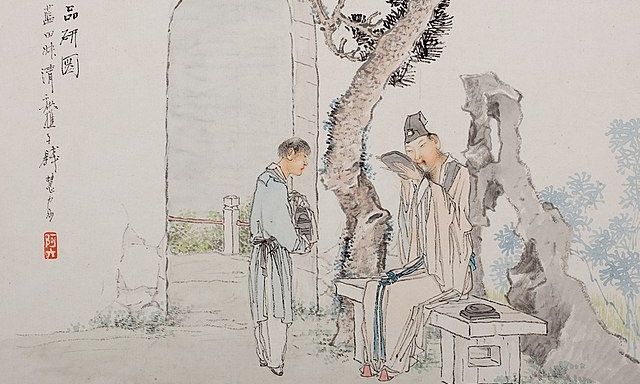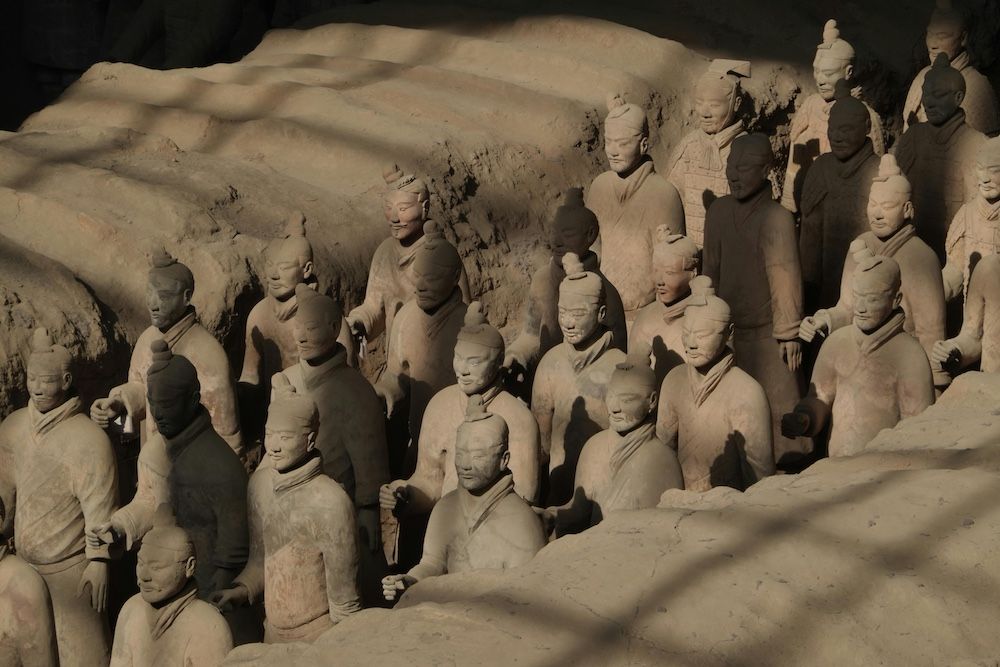Plato is a towering figure in ancient Greek philosophy, whose thoughts have profoundly influenced later philosophy, politics, and ethics. In his seminal work, "The Republic," Plato explores the nature of justice and the construction of an ideal society. Through the dialogue form featuring Socrates, he gradually unfolds his views, revealing a blueprint for a society filled with ideals and philosophical contemplation.
In "The Republic," Plato proposes an ideal societal model governed by philosopher-kings. He argues that true rulers should be philosophers, as they seek truth and possess the ability to discern the essence of things. In contrast, ordinary rulers are often driven by desires and personal interests, making it difficult for them to achieve just governance. This idea emphasizes the close connection between knowledge and power; only those with true knowledge can create a harmonious and just society.
Plato's ideal state is composed of three main classes: rulers, guardians, and producers. The rulers are the philosopher-kings, endowed with wisdom and judgment; the guardians are responsible for protecting the state and maintaining order; and the producers provide the material foundation for life. This division of labor not only reflects the functional aspect of society but also embodies Plato’s understanding of human nature and roles. He believes that only when individuals operate in areas where they excel can society reach its optimal state.
Additionally, Plato introduces the "Allegory of the Cave," a vivid metaphor that illustrates humanity's pursuit of truth. He compares humans to prisoners in a cave, who can only see the shadows on the wall and mistakenly believe that these shadows constitute reality. The philosopher’s task is to guide people out of the cave to see the light and the real world. This allegory not only reveals the process of acquiring knowledge but also reflects Plato’s emphasis on education and enlightenment. He argues that through education, individuals can transition from ignorance to wisdom, thereby realizing their true potential.
Although Plato's ideal state is rich in idealism, it has sparked much debate regarding its practical implications. Some argue that his societal model is overly utopian and difficult to realize in reality. Critics point out that the concept of philosopher-kings may lead to the concentration of power and tyranny, suppressing individual freedom and creativity. Nevertheless, Plato's ideas provide important references and insights for later political philosophy, and his exploration of the relationships among justice, knowledge, and power remains relevant in modern society.
Through "The Republic," Plato not only presents his vision of an ideal society but also prompts profound reflections on justice, knowledge, and power. Despite the significant gap between ideals and reality, his philosophical thoughts continue to inspire people in the pursuit of a more just and better society.





